The National Center for Supercomputing Applications’ (NCSA) popular Blue Waters Webinar series kicks off its 2018 offerings on Wednesday, January 24. The free NCSA Blue Waters Webinars are designed to increase high performance computing (HPC) knowledge and skills among the research community.
All webinars are broadcast on YouTube and recorded for viewing anytime. Registered participants will receive the link to the live broadcast and will be able to ask questions during the presentation using NCSA’s Blue Waters Slack channel. All webinars are held on Wednesdays and begin at 10 AM Central Time. Most webinars generally run one hour.
Upcoming webinars include:
- January 24 – NumFOCUS: An approach to sustaining major scientific software projects by Andy Terrel, President of NumFOCUS
- A discussion about NumFOCUS, a non-profit focused on open-source scientific computing.
- January 31 – Blue Waters Overview by Blue Waters Project Office
- Members of the Blue Waters staff will provide an overview of the Blue Watersresources and services, and guidelines for submitting requests for allocations.
- February 7 – Machine Learning by Aaron Saxton, NCSA
- The webinar will provide a walk through the pipeline of image feature detection on the Blue Waters supercomputer.
- February 14 – Software Sustainability by Daniel S. Katz, NCSA
- A discussion of the work of six WSSSPE workshops that have brought together communities to focus on software sustainability in high performance computing.
- February 28 – Analysis and Visualization with yt by Matt Turk, NCSA
- A presentation of the yt data analysis and visualization software from a high-level, with hands-on examples of how to extract information from datasets.
Additional webinars will continue to be added throughout the year. Suggestions for topics and offers to present content are welcome. Please send your suggestions to bw-eot@ncsa.illinois.edu.
Additional details about the NCSA Blue Waters Webinars and a registration form are available at https://bluewaters.ncsa.illinois.edu/webinars.
About Blue Waters
Blue Waters is one of the most powerful supercomputers in the world. Located at the University of Illinois, it can complete more than 1 quadrillion calculations per second on a sustained basis and more than 13 times that at peak speed. The peak speed is almost 3 million times faster than the average laptop. Blue Waters is supported by the National Science Foundation and the University of Illinois; the National Center for Supercomputing Applications (NCSA) manages the Blue Waters project and provides expertise to help scientists and engineers take full advantage of the system for their research.
The Blue Waters sustained-petascale computing project is supported by the National Science Foundation (awards OCI-0725070, ACI-0725070 and ACI-1238993) and the state of Illinois.
About NCSA
The National Center for Supercomputing Applications (NCSA) at the University of Illinois at Urbana-Champaign provides supercomputing and advanced digital resources for the nation’s science enterprise. At NCSA, University of Illinois faculty, staff, students, and collaborators from around the globe use advanced digital resources to address research grand challenges for the benefit of science and society. NCSA has been advancing one third of the Fortune 50 for more than 30 years by bringing industry, researchers, and students together to solve grand challenges at rapid speed and scale.

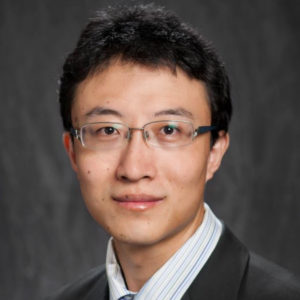
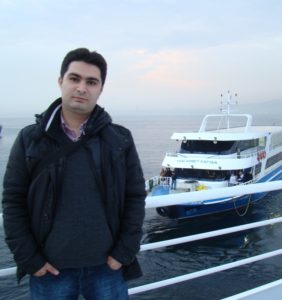 From Microstructure to the Performance: A Computational Framework to Study the Response of Materials
From Microstructure to the Performance: A Computational Framework to Study the Response of Materials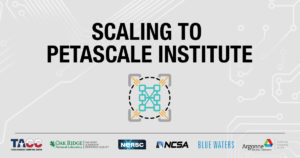
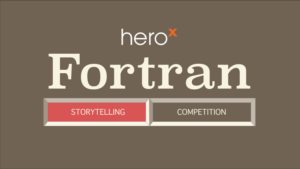
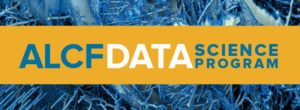 ALCF Data Science Program
ALCF Data Science Program